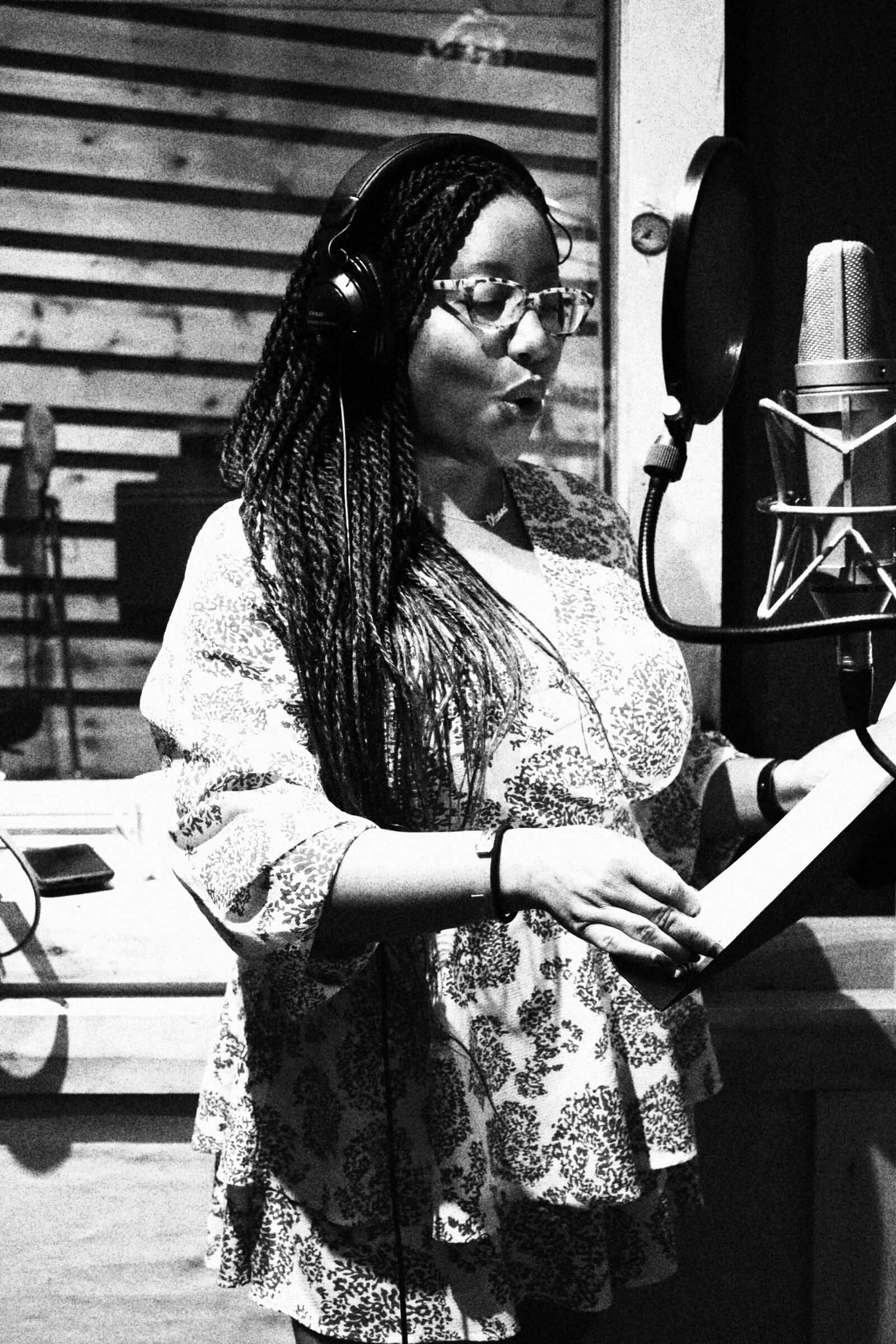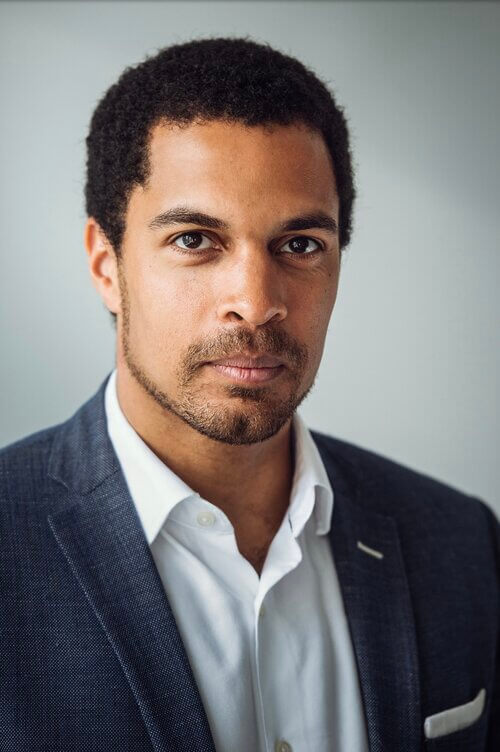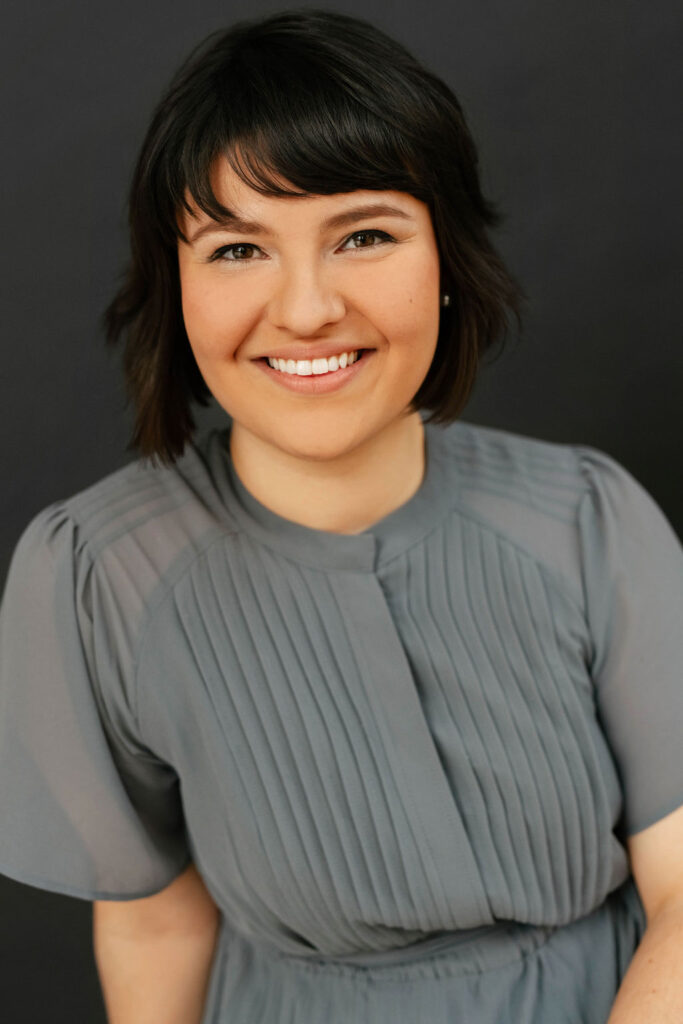
The vocal arts can provide a powerful platform for us to hold space for those with different histories and perspectives.
About BIPOC Voices
In our view, there are three main categories of challenges in diversifying our programming. BIPOC Voices attempts to address all three:
One
We lack familiarity with the composers we have heard less often, or never. Systematic discrimination against groups of composers means that many people don’t know who the great BIPOC composers of vocal music are, or what they have written.
What we’re doing: Creating and constantly growing a database of BIPOC composers and their vocal works
Two
We don’t know what the music of less familiar composers sounds like, and if we want to put it on our stages. Composers who have been performed less have also been recorded less.
What we’re doing: Linking database records to recordings when they exist, and creating demos when they don’t. BIPOC Voices will release nearly 2 hours of new demo recordings in 2023.
Three
We face internal resistance within our organizations. This often manifests as concerns around the “risk” of programming less known composers, though it can take many forms.
What we’re doing: Presenting works live, and speaking with administrators.
BIPOC Voices presented a showcase of works from the database at a joint session of the Association for Opera in Canada’s National Summit and re:Naissance Opera’s IndieFest in November 2023 in Vancouver. By taking the programming “risk” ourselves, we can demonstrate that most of this concern is valid but grossly overblown.
Director Rich Coburn spoke on two panels at the League of American Orchestras Conference and a panel at the Opera and XR: Democratization, Innovation, Transformation symposium in 2022. He helps people explore the resistance they face, and what concrete steps they can take to address it.
Our Recordings
BIPOC Voices creates as many demo recordings as possible with the funding it is given. For chamber works, this usually involves live instruments and singers. For large orchestral works, it involves industry-leading virtual instruments and live singers.
Virtual (or MIDI) instruments have a reputation for being unmusical and square. But they have advanced to the point that you have certainly listened to them in a movie or video game without realizing. By using high-quality virtual instruments, BIPOC Voices can make some demos for well under half the price of recording with live instruments.
Our People

Rich Coburn, Founder and Director
Before the pandemic, I worked mostly as a music director, vocal coach, repetiteur, and organist. I also do sound design, compose and arrange, teach entrepreneurship for musicians at McGill University, and lead workshops on conflict resolution and negotiation for freelancers across North America.
I grew up in Canada, largely ignorant of the white supremacy around me. But in 2017, I spent 2 months in Virginia just months after the deadly Unite the Right rally in Charlottesville. This experience has fundamentally changed how I understand racism at home and abroad, in its subtle and its overt manifestations. And it inspired me to address the systematic discrimination I increasingly saw throughout my life.
I love this project because I can use music which I love to do good in the world.

Camila Montefusco, Communications Manager
I grew up in Brazil, Sao Paulo, where I worked as a professional violinist for many years. While playing in the pit for several opera productions, I fell in love with singing and the art of storytelling. The desire to learn new skills brought me to North America, and since then my aspiration to foster community and connection through music has guided my steps.
Through singing and digital marketing, I found a voice in a country that I now call home. As a co-founder of Obsidiana Duo, I believe in the importance of giving voice to BIPOC and historically excluded composers, working tirelessly to bring their music to the stage. Along with inspiring colleagues, I feel proud to be part of the work towards a more equitable and diverse industry.
Canadian Orchestra and Opera Repertoire Reports Researchers
Patricia Yates
Carol-Anne Fraser
Camila Montefusco
Stephanie Sedlbauer
Simmie Patoka
Database Researchers*
Sheree Spencer
Queen Hezumuryango
* Database Researchers are funded through the Association for Opera in Canada’s Opera Artist Resilience Program.
Listen to playlists of works from
BIPOC Voices database!
Most of the recordings of works in the BIPOC Voices database that we’ve found are on YouTube or SoundCloud, so we’ve made playlists on each for you to enjoy. You’ll find completely different works on each, so make sure to check them both out!
